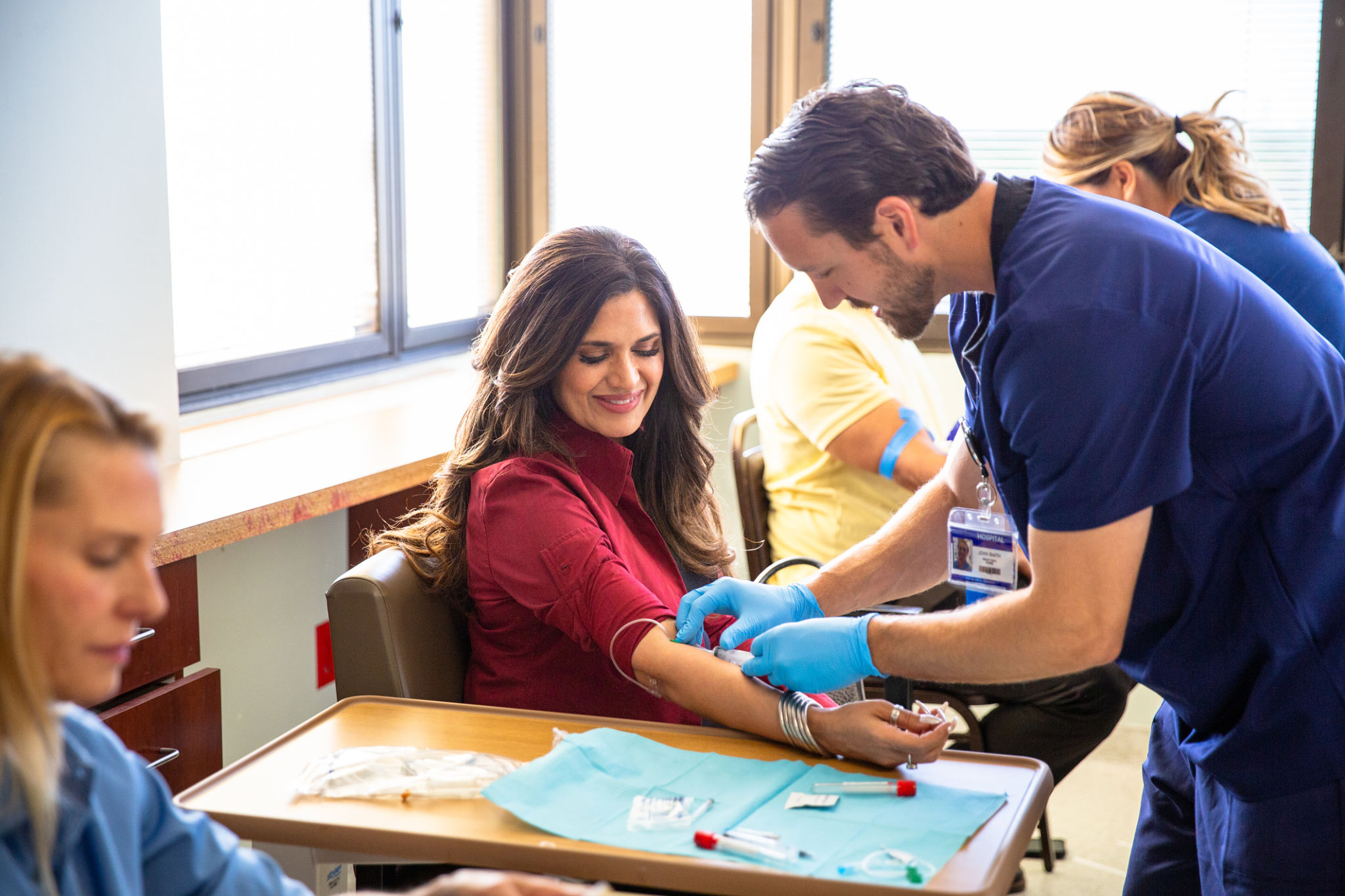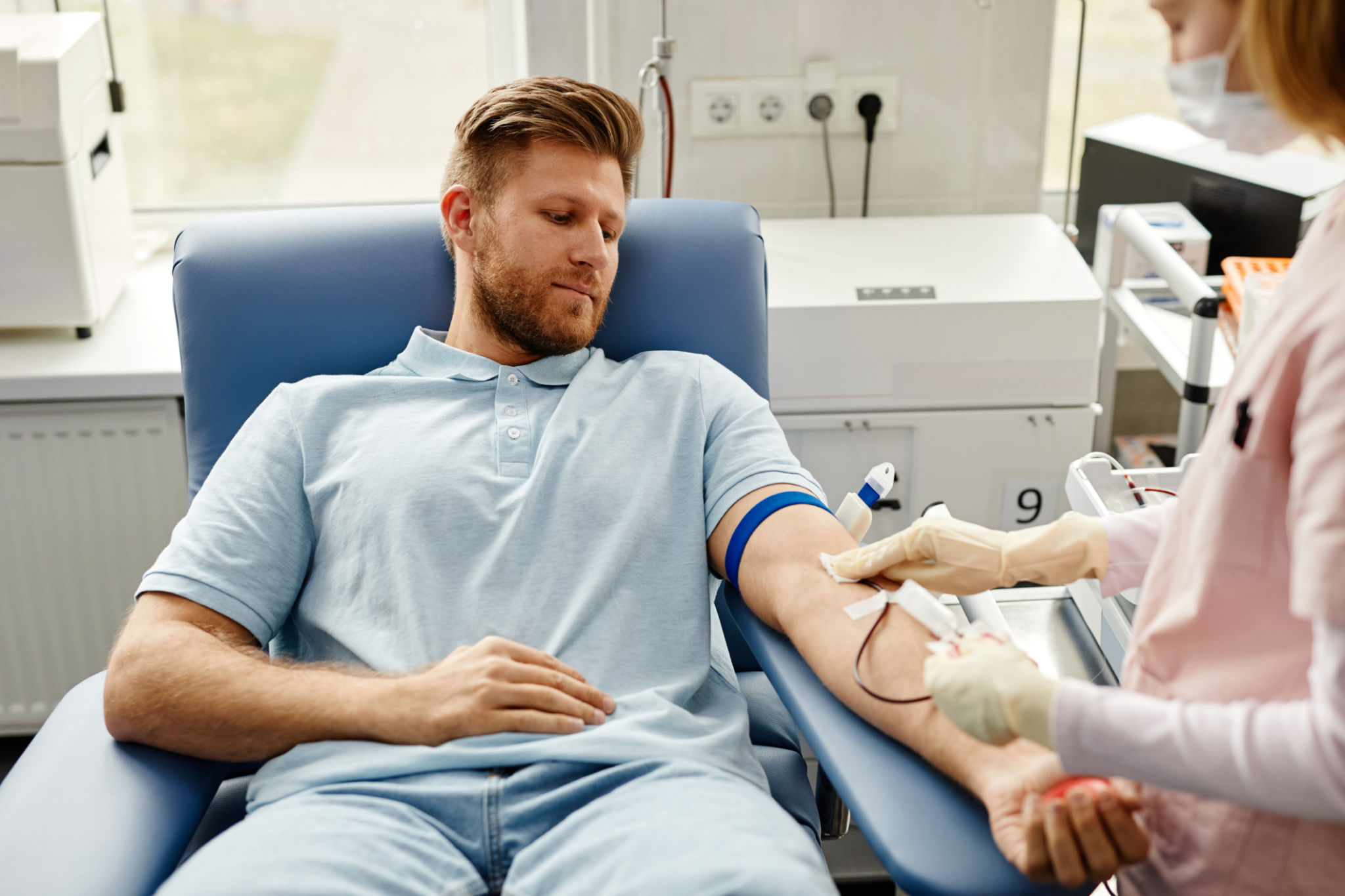Debunking Common Myths About Phlebotomy
Understanding Phlebotomy
Phlebotomy is a specialized medical practice involving the drawing of blood for various purposes, including diagnostic testing, transfusions, and donations. Despite its importance, several myths surround this field. Let's explore and debunk some of the most common misconceptions.

Myth 1: Phlebotomy is Just Drawing Blood
While drawing blood is a significant part of phlebotomy, the role encompasses much more. Phlebotomists are responsible for maintaining patient records, ensuring the correct labeling of samples, and adhering to safety and hygiene standards. They also play a crucial role in calming patients who may be anxious about needles.
Moreover, phlebotomists must be skilled in using various techniques to locate veins and handle difficult draws. Their expertise ensures that blood collection is as efficient and painless as possible.
Myth 2: Phlebotomy is Not a Skilled Profession
Contrary to this belief, phlebotomy requires a high level of skill and training. Phlebotomists must complete a certification program, which includes both theoretical knowledge and hands-on experience. This training ensures they are well-versed in anatomy, medical terminology, and patient interaction.

In addition to technical skills, phlebotomists must possess strong communication and interpersonal abilities to interact effectively with patients and healthcare professionals.
Myth 3: Phlebotomy is Painful
Many people fear that blood draws are painful, but this is usually not the case. Phlebotomists are trained to minimize discomfort, using techniques that make the process quick and relatively painless. Most patients experience only a slight pinch or pressure during the procedure.
Modern phlebotomy equipment and techniques have significantly improved patient comfort, reducing fear and anxiety associated with blood draws.

Myth 4: Phlebotomy is Only for Blood Testing
While blood testing is a primary reason for phlebotomy, it is not the only purpose. Phlebotomists also collect samples for blood donations, research, and therapeutic procedures. Their work supports a wide range of medical fields, contributing to patient care and medical advancements.
Phlebotomists play an essential role in the healthcare system, ensuring that blood samples are collected safely and accurately for various purposes.
The Importance of Phlebotomy
Understanding the realities of phlebotomy helps in appreciating the skill and dedication required in this field. Phlebotomists are vital to healthcare, providing critical support and ensuring patient safety and comfort. By debunking these myths, we recognize the importance and complexity of their work.
